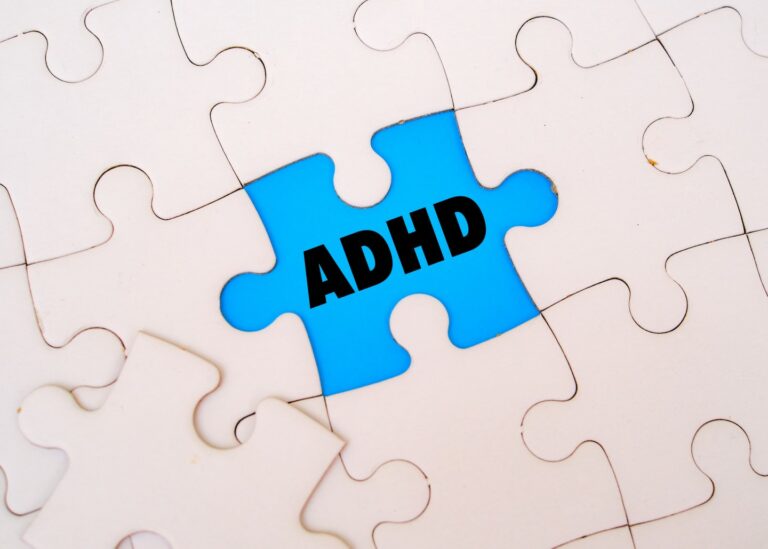
Understanding post-traumatic amnesia (PTA)
Post-traumatic amnesia (PTA) is a condition that happens after a traumatic brain injury (TBI) and can show up as confusion, having trouble remembering recent events and strange behaviour. I know from my experience as a specialist child brain injury solicitor this can be scary for the person with PTA and the people around them, like family and friends. So, I wanted to share some tips to help you and your loved one through this challenging time.
How to recognise PTA
PTA affects people in diverse ways but there are several common signs to look out for including confusion, poor attention and memory, slow information processing, and changes in behaviour and emotions.
Those with PTA are unlikely to be able to learn or process new information effectively, so they might not understand things as they usually would.
They might make mistakes, not recognise people that should be familiar to them, feel disorientated and appear agitated or distressed.
Seeing a loved one struggle with the effects of PTA is upsetting, but there are ways you can support and guide them through their recovery.
How to support a person with PTA
Here are some ways friends, family members, or teachers can help someone with PTA:
- Create a calm environment: Try to keep the atmosphere peaceful and quiet. Seeing others distressed can worsen the confusion and distress of the person with PTA. Having familiar people around can be comforting and help with orientation during the day, as well as at night.
- Avoid overstimulation: The brain is struggling to process information and is easily overwhelmed so remove distractions such as phones, tablets, and TVs, dim the lighting, and reduce background noise as much as possible.
- Communicate patiently: When talking to someone with PTA, use short, simple sentences, and avoid correcting or challenging them if they make mistakes, repeat themselves, or are confused. Wait until the person can respond easily before asking questions. Talk about past events they do remember, using photos to help them feel more comfortable. Gradually, they will begin to retain more information and make sense of their surroundings.
Our qualified special educational needs advisers within the Child Brain Injury Team at Bolt Burdon Kemp know communication with teachers and healthcare professionals is key to ensuring a child with PTA gets the help they need on returning to school.
By implementing consistent routines, simplifying instructions, and using visual aids to support memory and understanding, teachers can play a crucial role in supporting the educational needs of children with PTA.
Coping with PTA can be challenging, and each person’s experience is unique, so it’s important to discuss any concerns with healthcare professionals who can offer specific strategies for support.
Remember, once PTA resolves, the person may not remember much of the experience, so any distress felt during that time is often forgotten.
Getting help
Our solicitors in the Brain Injury Division at Bolt Burdon Kemp represent children, young people and adults who have suffered traumatic brain injuries.
We know PTA can last from a few minutes to several weeks or months, depending on the severity of brain injury. We also know that although the distressing phase of PTA may resolve, there may be long-term complications if the brain injury is severe.
Our focus is to get our clients the therapies and services they need as soon as possible after their traumatic brain injury to minimise any long-term complications and secure a bright and positive future.
If you or a loved one has suffered a traumatic brain injury due to an accident, please contact one of our friendly solicitors for free legal advice and guidance on 020 3603 3818.









